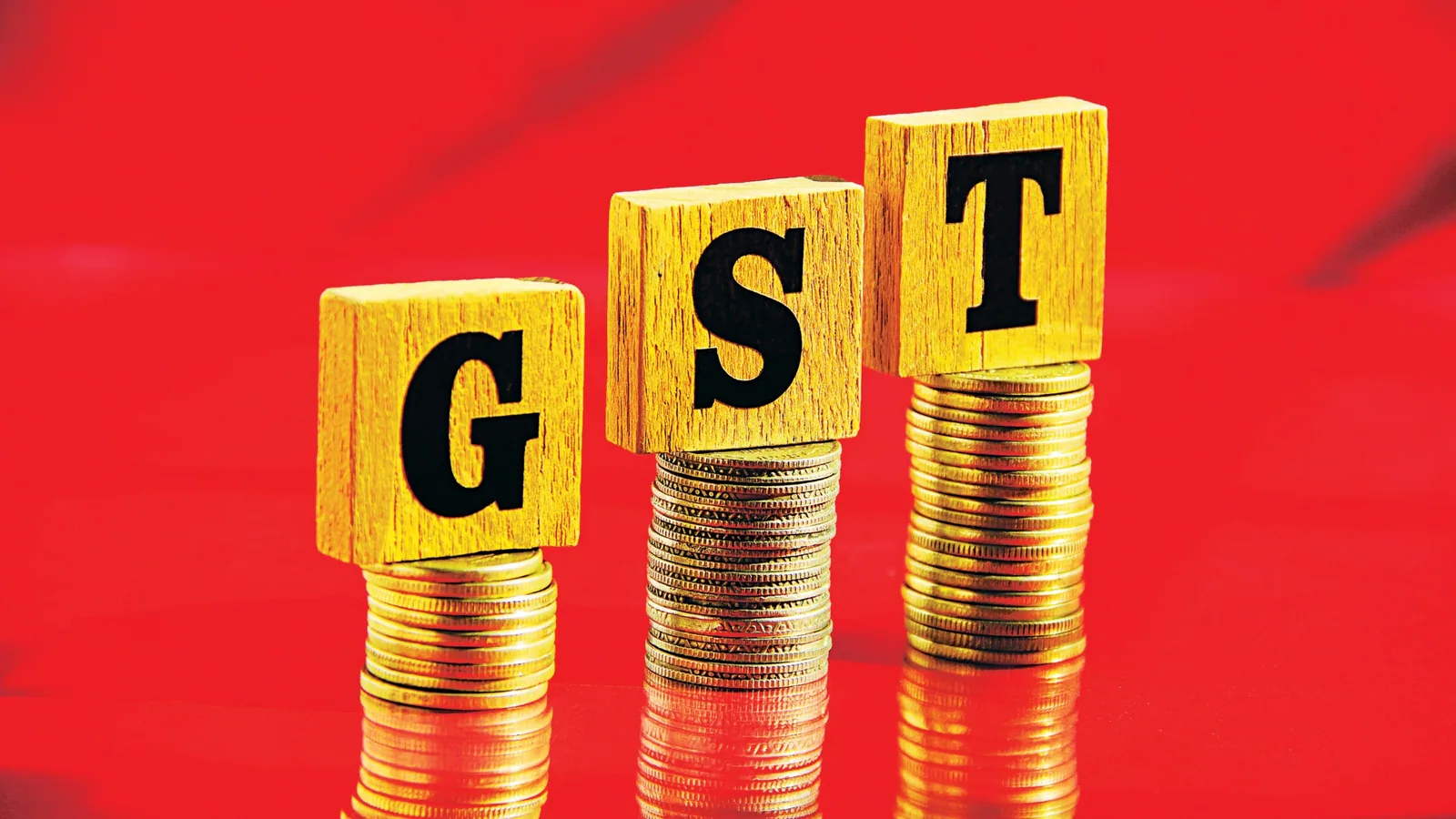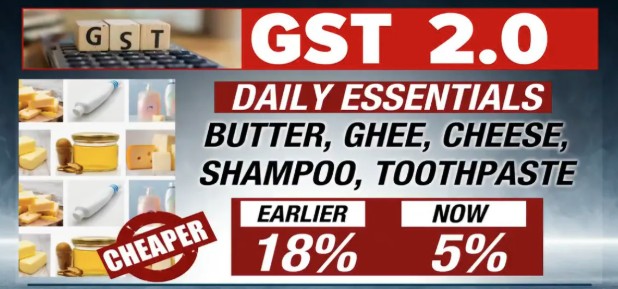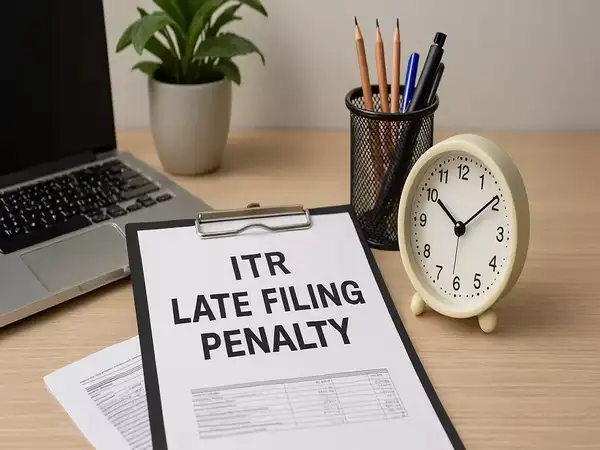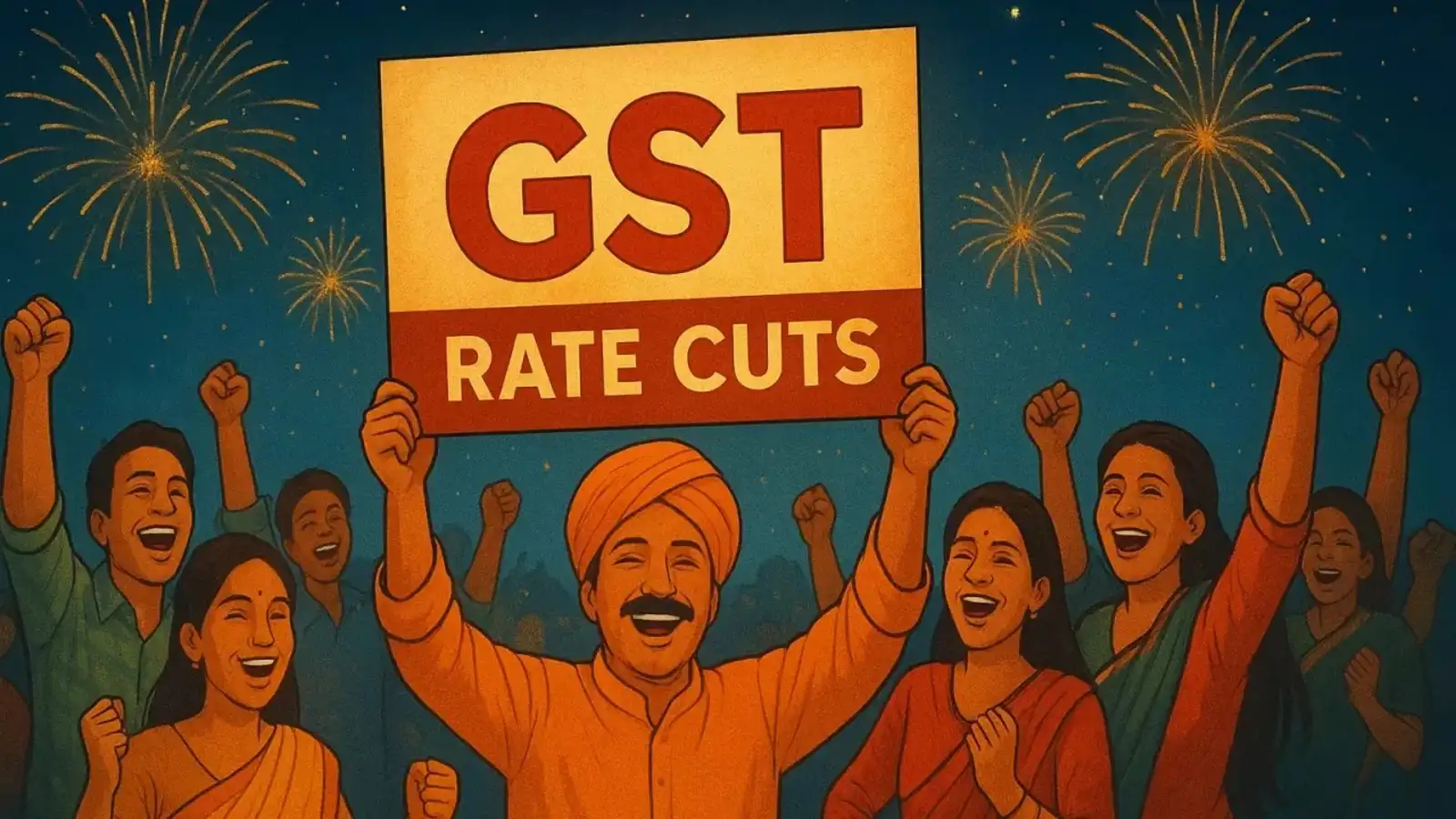Finance & Stock Market
ZEE stock at 130 rupees? When Sony's deal was terminated, the stock saw sell recommendations and PE depreciating.
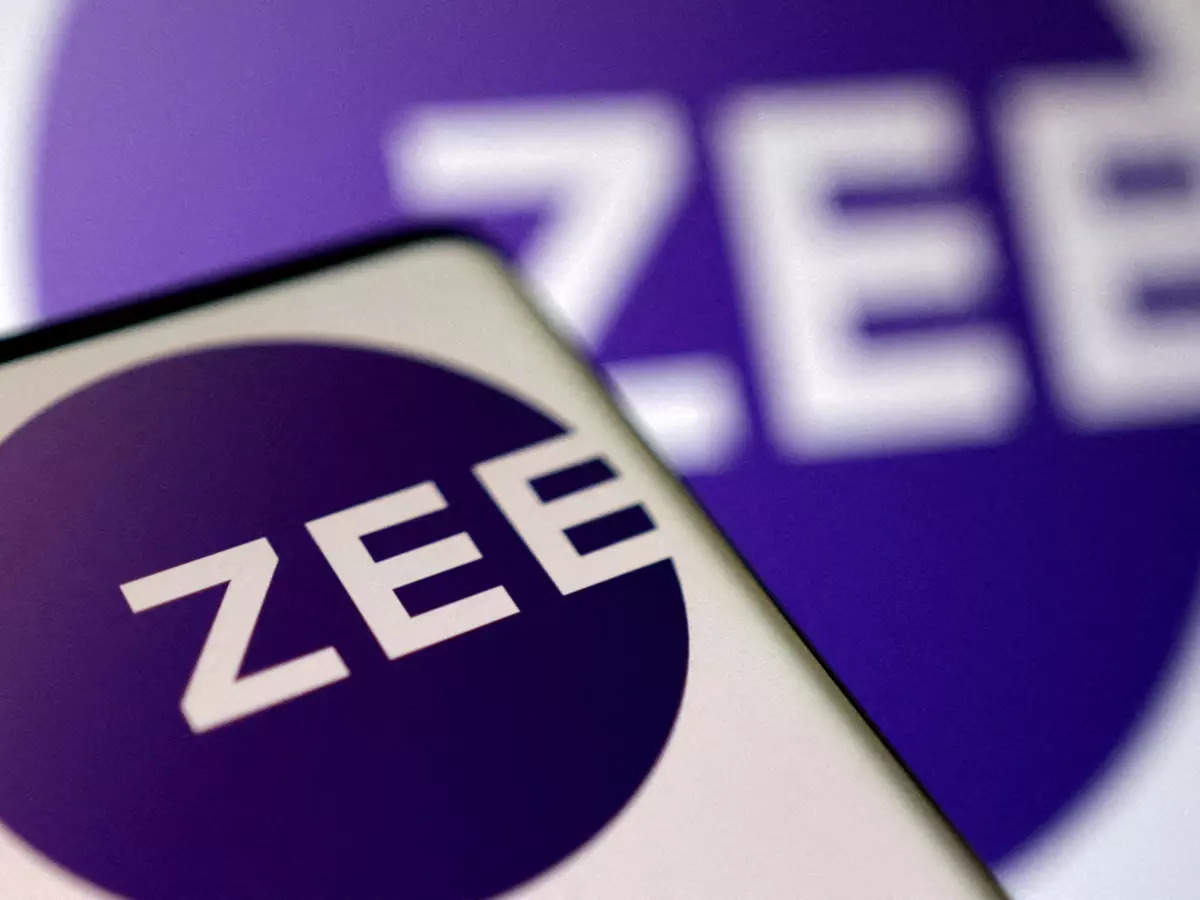

By Kajal Sharma - 12 Aug 2024 10:04 PM
Given the sharp convergence of linear TV growth, Elara Securities believes ZEE may see a sharp de-rating in the P/E valuation of its broadcasting company, to at least 10 times one-year forward or below, as a result of the incomplete merger.The termination of the merger agreement by Sony India due to purported breaches of the conditions of the merger cooperation agreement (MCA) could have a significant negative impact on ZEE Entertainment Enterprises Ltd's values in the near future. A few brokerages changed their recommendations to "Sell" for the shares when Sony demanded termination fees of $90 million. With their current target prices for ZEE slashed by up to 50%, experts declared that the transaction termination is a lose-lose situation for both parties.When the company's stock declined in value in 2019 due to a problem involving promoter share pledges and a decline in business cash conversion, ZEE's corporate governance came under scrutiny. Analysts noted that the Zee-Sony combination would have resolved ZEE's low promoter ownership issue, but they also predicted that shareholder activism against ZEE management will occur in the near future.Given the sharp convergence of linear TV growth, Elara Securities believes ZEE may see a sharp de-rating in the P/E valuation of its broadcasting company, to at least 10 times one-year forward or below, as a result of the incomplete merger.ZEE's OTT service might not be able to grow in size in a market that is so fragmented and profitable; the company stated that the Ebitda margin, excluding sports losses, might converge to 14%. Elara is concerned about any additional inventory write-offs, connected parties' debt, and Disney's noncompliance with the sports contract (ICC tournaments).The main factor that increased valuation during the previous two years was the merger with Sony. However, we lower ZEE to Sell due to the termination, with a revised March 2025E objective of Rs 170 from Rs 340. However, the target price can increase to Rs 130 if the Disney deal is upheld. Another strategic or financial partner purchasing the majority of Zee's shares could give the value multiple some relief, according to Elara.According to Emkay Global, both parties stand to lose from this arrangement, especially given the rivalry from Reliance-Disney, a larger potential player.
As stated in their press release, Emkay Global stated that the termination should also lead to a legal battle between the two involved corporations."We think that shareholder activism against ZEE management may potentially be sparked by this breakdown. Furthermore, we believe that ZEE will now attract more bidders for possible agreements. Because of the stock's poor competitive posture and escalating corporate governance concerns, we currently lower it from Buy to SELL (from Buy). We reduce our target from Rs 315 to Rs 175 at eight times the Dec. 25E SA broadcasting Ebitda, according to Emkay.Due to Sony's request for a termination fee, uncertainty surrounding ZEE's new strategy and partners, and actions taken by its minority stakeholders, Nuvama Institutional Equities believes that ZEE's near-term valuation will remain low. "Our favourable opinion was based on the merger. The statement read, "We are cutting FY25E/26E EPS by 16 per cent/24 per cent; downgrade to 'REDUCE' with target of Rs 190 (13 times PE FY26E)," in light of the shifting dynamics of the business and the slower ramp-up of ad income. In addition, CLSA lowered its target price for ZEE from Rs 300 to Rs 198 since it thinks the competition will likely get more fierce following the rumored Reliance and Disney Star combination. "We think ZEE's PE will drop back to the 12x levels observed before the August 21 announcement of the Sony deal. Zee's stock PE had previously depreciated amid the promoter share pledge problem (in 2019) and the decline in corporate cash conversion, according to CLSA. This was also the time of the Covid-19 second wave.


